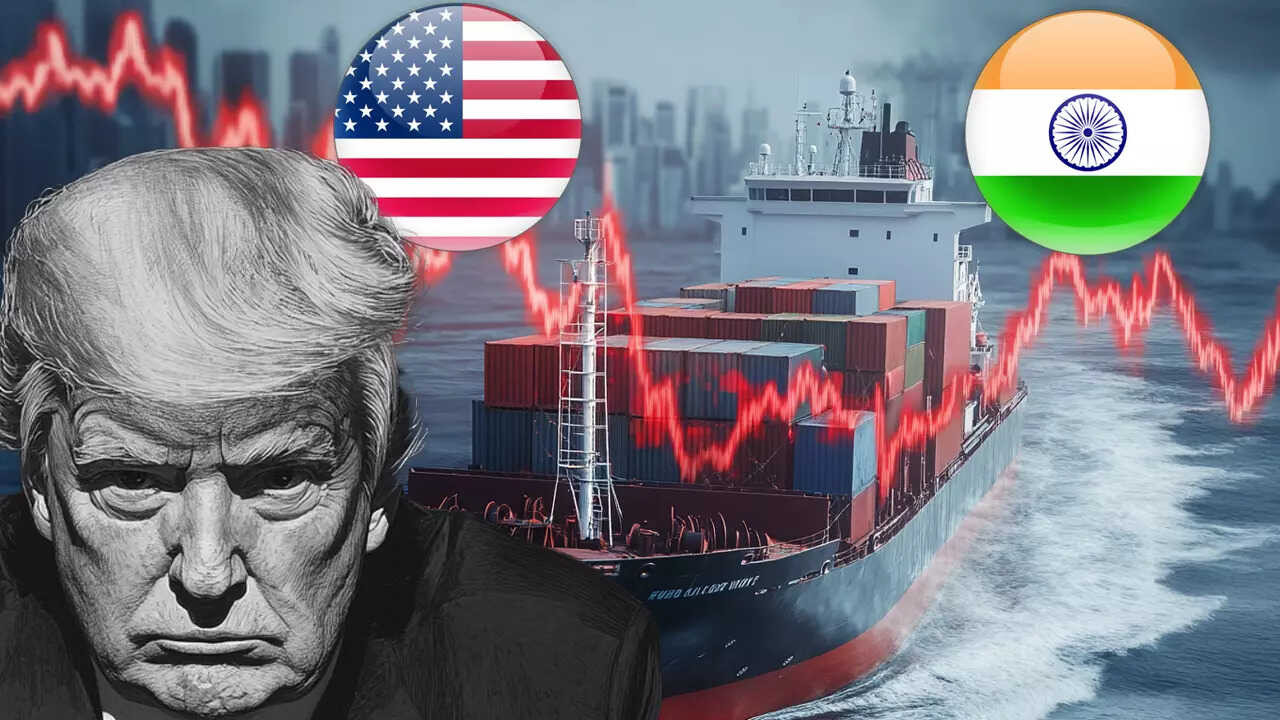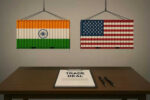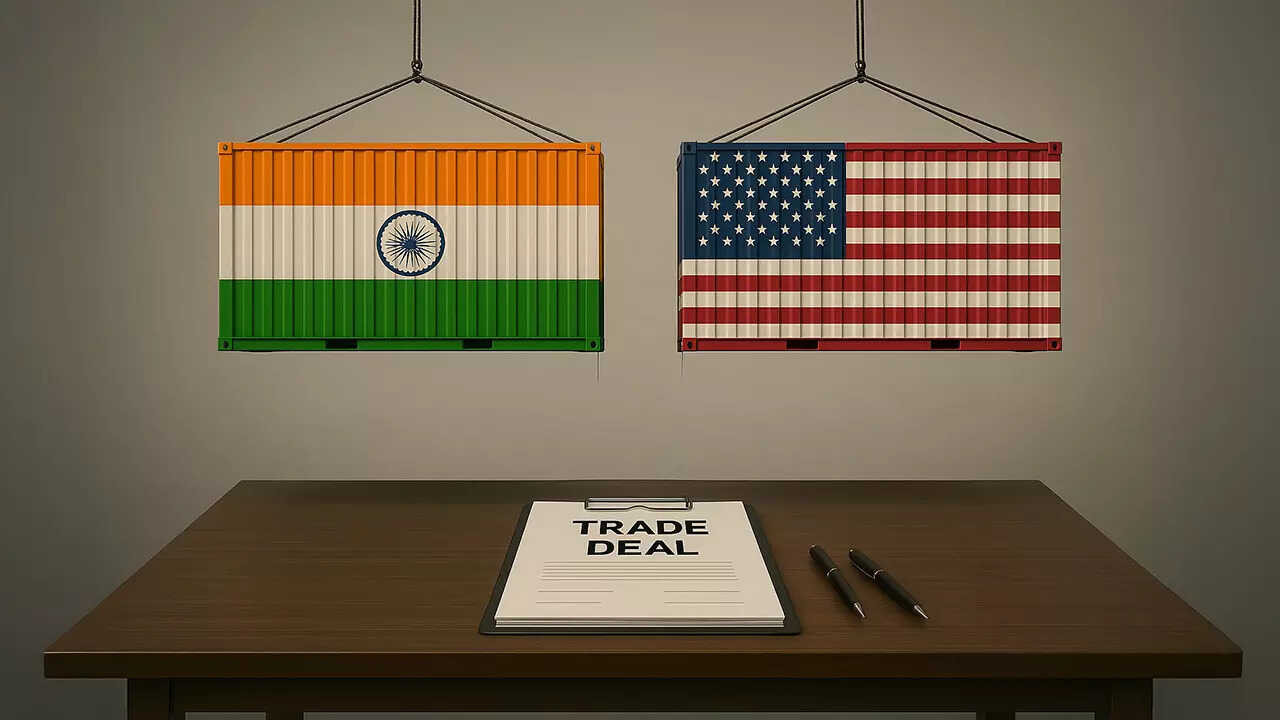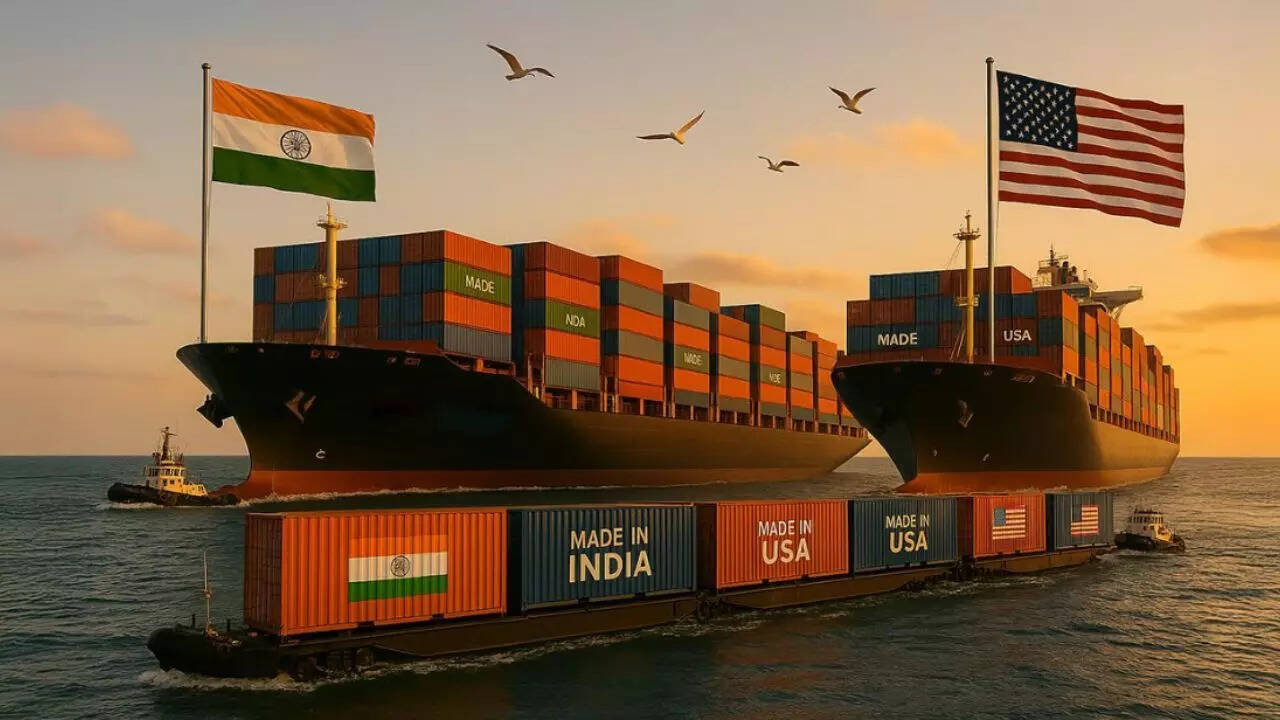The United States has rebuffed India’s request for WTO consultations regarding American tariffs on automobiles and auto components, asserting the tariffs were implemented under a national security provision. The US maintains these measures under the essential security exception within global trade regulations, stating they are not safeguard measures subject to WTO’s Agreement on Safeguards.
The Great Auto Tariff Tango: Is India’s Wiggle Room Dwindling?
Okay, buckle up, folks, because things are getting a little spicy in the world of international trade. You know how sometimes you’re building your own little fortress, thinking you’re perfectly justified, and someone else comes along and says, “Hey, what about me?” That’s kind of the vibe I’m getting from the latest news coming out of the World Trade Organization (WTO).
India, a major player in the global automotive scene, recently decided to push for consultations with the US regarding tariffs slapped on certain auto products. In essence, India’s saying, “Hold on a minute, those tariffs feel a little… unfair.” India believes these tariffs, which are applied under Section 232 of the US Trade Expansion Act of 1962, aren’t really about national security, and that they’re actually hindering India’s ability to trade fairly. They feel they’re being penalized under a guise.
Now, Section 232 is a bit of a loophole, isn’t it? It essentially allows a country to impose tariffs if imports are deemed a threat to national security. It’s a powerful tool, and one that’s been used (or, some might argue, misused) in the past. India’s argument is essentially that US imports of automotive products from India pose no threat.
Here’s where things get interesting. The US, predictably, isn’t having it. They’ve basically dismissed India’s request for WTO consultations, citing the “essential security exception” enshrined in the WTO agreements. They’re standing firm, arguing that these tariffs are a matter of national security and therefore perfectly legitimate under international trade rules.
Think of it like this: imagine you’re playing a board game, and one person declares a “house rule” that benefits them. The other players are likely to raise an eyebrow and question the validity of that rule, especially if it significantly disadvantages them. That’s essentially what India is doing here.
So, why is India pushing so hard? Well, the automotive industry is a significant contributor to India’s economy. Restrictions on exports impact jobs, revenue, and the overall competitiveness of Indian manufacturers. It’s not just about cars and car parts; it’s about livelihoods and economic growth.
And the US stance? They’ve consistently maintained a “national security” rationale. It’s a powerful card to play, offering considerable latitude in trade policy. The question, of course, is whether this justification holds water. It’s easy to see why this kind of reasoning could be perceived as protectionist – a way to shield domestic industries from foreign competition under the cloak of national security. This is a debate with some real complexities.
What does all this mean for the future? Well, it’s a bit of a stalemate right now. The US’s dismissal of India’s request throws a wrench in the typical dispute resolution process at the WTO. India could still pursue other avenues within the WTO framework, but the path forward is definitely less clear. They might explore alternative dispute resolution mechanisms, or even look to build alliances with other countries that have similar concerns about US trade policies.
Here’s what I think: this situation highlights the inherent tensions in the global trade system. Countries are constantly balancing their own economic interests with the principles of fair trade and international cooperation. National security concerns are legitimate, of course, but they shouldn’t be used as a convenient excuse to circumvent trade rules and protect domestic industries unfairly.
Furthermore, this isn’t just about India and the US. This sets a precedent. If the US can successfully invoke the “essential security exception” with little pushback, other countries might be tempted to do the same, potentially leading to a cascade of protectionist measures that could destabilize the global economy. This is an environment where the smaller players may feel squeezed.
Ultimately, the auto tariff tango reveals a bigger question: how do we ensure that international trade rules are applied fairly and consistently, and that countries are held accountable for their actions? It’s a question that requires serious dialogue, careful consideration, and a willingness to compromise. Because in the end, a healthy global economy benefits everyone. Whether that compromise is possible remains the real question on the table. And perhaps, the next step is for the WTO to take a long, hard look at the “essential security exception” and how it’s being wielded. That, I suspect, would make for fascinating viewing.
📬 Stay informed — follow us for more insightful updates!







